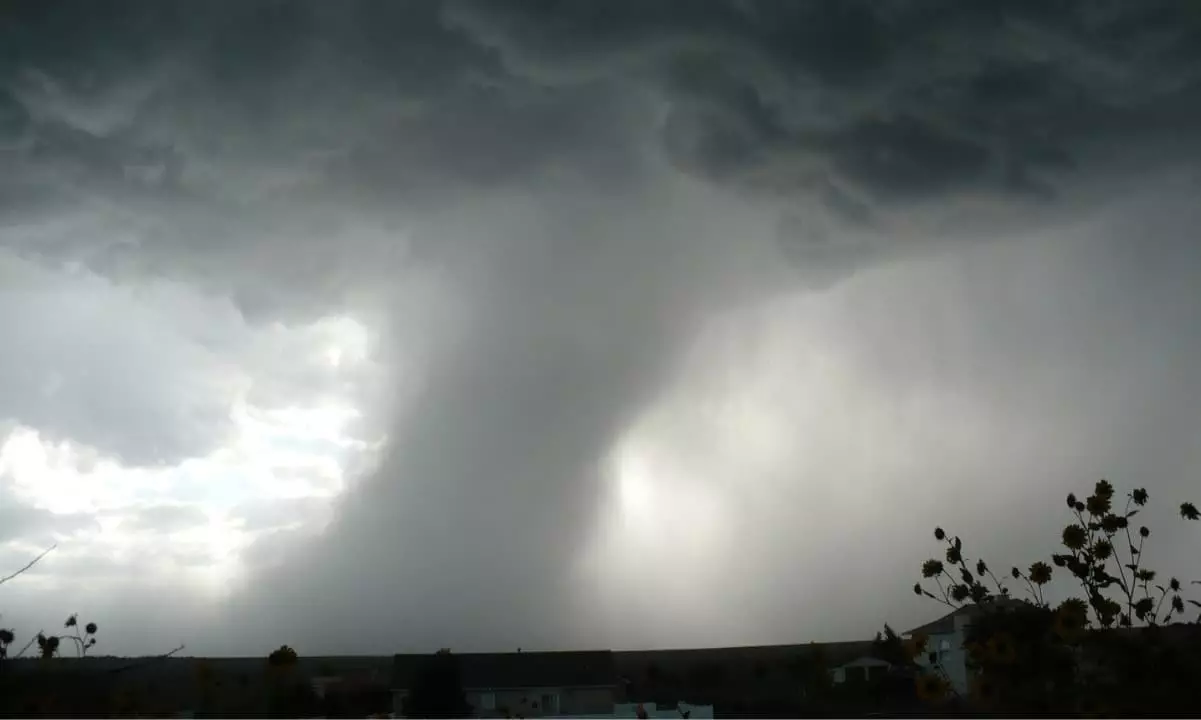The world of cryptocurrency is marked by volatility, with tokens often experiencing sudden spikes and falls. Among these, TORN, the native token of Tornado Cash, exemplifies this tumultuous journey, particularly in light of recent legal developments. Following a groundbreaking court ruling that overturned sanctions imposed against Tornado Cash by the U.S. Treasury Department’s Office of Foreign Assets Control (OFAC), TORN witnessed a significant surge in value. This article delves into the background of Tornado Cash, its legal entanglements, and the implications of recent judicial decisions for the future of its token.
Initially trading around $9.50 in January 2023, TORN’s price saw an astonishing leap of 140%, peaking at over $25 as investors responded fervently to positive judicial news. However, this surge was short-lived, and the price realigned to around $17, though still considerably higher than just a week prior, illustrating both the fervor and fickleness of the cryptocurrency market. This pattern resonates with investors’ ongoing quest for stable returns amid unpredictable fluctuations.
Despite its recent turbulence, TORN’s market capitalization has surpassed $68 million. Traders, influenced by speculation and optimism regarding Tornado Cash’s legal standing, shifted their investment strategies, showcasing how easily market sentiment can drive asset valuations. This underscores the investor community’s desire to latch onto promising news, even if they can quickly turn their focus back to other assets when faced with instability.
Legal Quandaries: Sanctions and Arrests
The legal strife surrounding Tornado Cash began in August 2022 when OFAC designated the platform as a sanctioned entity. The agency’s decision was primarily based on allegations that the Lazarus Group, a North Korean-linked crime syndicate, had exploited the mixer to launder over $455 million in cryptocurrencies. The repercussions were immediate, notably the arrest of Alex Pertsev, one of Tornado Cash’s developers, who was convicted of money laundering and sentenced to five years in prison.
Co-founder Roman Storm followed suit, facing charges that included conspiracy to commit money laundering in August 2023, with his trial set to commence in April 2025. Storm has publicly asserted that his prosecution stems primarily from his role in developing open-source software, raising provocative questions about the criminalization of coding and software development within the cryptocurrency realm.
Despite these challenges, the narrative surrounding Tornado Cash took a dramatic turn when six individuals, spearheaded by crypto advocate Joseph van Loon, filed a lawsuit against the U.S. Treasury, OFAC, and key officials, claiming overreach in imposing sanctions on Tornado Cash. Their argument hinged on the assertion that Tornado Cash is merely software, not a person or entity subject to sanctions, which resonated with an appellate court’s ruling in November 2024. The court supported their position, indicating that the immutability of Tornado Cash’s smart contracts precluded them from being classified as “property” under the International Emergency Economic Powers Act (IEEPA).
This legal precedent has significant wider implications; if software cannot be classified as property under existing laws, then what safeguards or accountability structures are in place to govern its use? The court’s determination to protect the immutable nature of code challenges existing frameworks in the regulatory landscape, as it makes companies and developers think critically about how their technologies are perceived legally.
While TORN token’s value experienced a meteoric rise after the court’s decision, the subsequent drop demonstrates the inherent volatility of cryptocurrency investments. The token’s teetering value, where it fluctuated between highs of $25.28 and lows of $17.00, reflects not only speculative trading but also the uncertainty surrounding future regulatory frameworks and legal outcomes for the individuals involved.
In essence, while the legal victories for Tornado Cash have sparked hope and speculation among its supporters, the ongoing criminal prosecutions indicate that the battle is far from over. The broader implications for the cryptocurrency sector are profound, as they challenge existing notions of ownership, accountability, and the very nature of currency in a digital age.
The trajectory of TORN and Tornado Cash encapsulates the current state of the cryptocurrency landscape—a realm marked by rapid innovation, legal complexities, and speculative trading. As the legal outcomes unfold, stakeholders must remain vigilant not only of market trends but also of the broader legal implications of cryptocurrencies. The saga of Tornado Cash serves as a barometer for how technology, law, and market dynamics intersect in the ever-evolving world of digital currencies. Ultimately, only time will reveal the long-term outcomes of this ongoing narrative.















